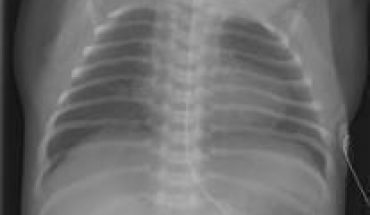There are external forces which affect the individual and his or her inability to deal with these forces results in stress. External forces range from occupation, relationships with other persons, studying, expectations and challenges that people face consistently. Stress also has an internal dimension which influences people’s ability to cope with the mounting external forces which brings on stress. Related to the internal ability to deal with stress is a person’s overall health, emotional well-being, nutritional factors and the level of sleep received. Stress, it could be argued has become common place in the 21st Century. Most people spend their days trying to meet deadlines and trying to balance other aspects of their lives. Stress is not always harmful; in cases where it is small it can help to stimulate work production and help people to work under pressure. If however, people find themselves operating within such a frame too frequently then they may suffer psychologically and physically. Identifying the symptoms of stress is very important.
Typical Symptoms of stress
There are different areas in an individual’s life that may demonstrate symptoms of stress. There are those related to the mind or cognitive symptoms. There are also physical and emotional symptoms, and symptoms expressed in individual behavior.
Cognitive symptoms of stress
These are usually manifested in the forms of trouble with one’s memory, difficulty in concentrating, becoming neurotic,using unsound judgment, being increasingly pessimistic, exhibiting anxiety or having racing thoughts.
Physical symptoms of stress
The physical symptoms involve individuals; having aches and pains, losing their sex drive, having chest pains and fast heartbeat, feelings of nausea or fainting spells, possible migraine headaches, weak immune system, which causes susceptibility to regular colds and diarrhea or constipation.
Emotional Symptoms of stress
The emotional symptoms of stress include; frequent moodiness, becoming easily irritated and short tempered, having difficulty relaxing and becoming constantly agitated, feeling overburdened, feeling alone and alienated and experiencing sustained feelings of unhappiness or depression. These feelings also leave individuals feeling unmotivated and if unattended may result in clinical depression or insanity.
Behavioral symptoms of stress
An individual’s behavior may change dramatically as a result of stress. Often times these drastic changes in behavior send off the warning that something is wrong probably more sharply than the others. One such change in behavior may be the development of a different eating habit. Individuals may start eating more or less but it is clearly different from what they are accustomed to eating. Another symptom may be changes in sleeping pattern. The individual may start to either sleep more or less, as stress levels increase. Individuals may also become more withdrawn from others. This is because they become less enthused about interaction and company. New habits may also be developed such as nervously biting nails or walking back and forth. There may additionally develop a tendency of delaying or reneging on duties. A common symptom in the modern world is the use of alcohol, drugs such as cocaine or marijuana and cigarettes to calm down or drown out the problems.





